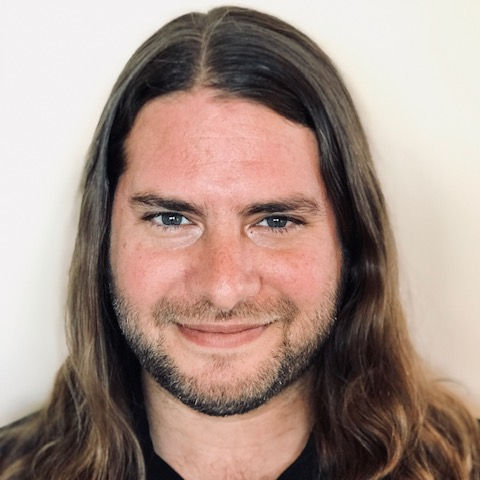What’s the soundtrack to your novel?

When writing his novel, this author says it helped to imagine his scenes set to music. So put on your “tasty jam” and let the words flow.
by Paul Bahou
Everything needs a soundtrack; from the movies that enrapture us to our morning commutes, we as human beings tend to love a tasty jam. Music pervades our lives in ways both big and small, good and bad. It could be a favorite song from our youth that we now hear at the grocery store, and casually hum along to as we search for that perfectly ripe watermelon, to our least favorite song of all time filling us with a sense of despair as we wait at the dentist’s office, counting down the minutes until we get a drill stuck into our face.
Music sets the stage, establishes the scene, gives context. It is the magical spice that can make a movie or TV scene not only work, but elevate it. When done properly, the music becomes its own character. What would Star Wars be without John Williams’s infamous score? Would Wayne’s World have been nearly as memorable without the epic Queen singalong in the Mirthmobile? Would Pulp Fiction even be what it is without the immaculate soundtrack that accompanies it? The answer to each is clearly no.
 I wrote my novel Sunset Distortion: The Pyramid at the End of the World while immersed in the soundtrack of the story. Particular scenes would emerge with the right song; characters both primary and tertiary revealed themselves with their personal source music. Everyone got a theme song.
I wrote my novel Sunset Distortion: The Pyramid at the End of the World while immersed in the soundtrack of the story. Particular scenes would emerge with the right song; characters both primary and tertiary revealed themselves with their personal source music. Everyone got a theme song.
My protagonist, Lazer, a middle-aged rock guitarist who gets abducted by aliens, came into being via heavy rotations of Dio, Black Sabbath, and Metallica. The classic 80s heavy metal sound of chuggy guitar riffs, shredding solos, and wailing vocals colored in who this character was, his style, and even his outlook on life. I could practically smell the stale beer as I wrote the opening scenes at the bar, with “Holy Diver” playing on my stereo.
While a guy who loves rock music writing a story about a rock guitarist, that is inspired by one of rock music’s classic eras, isn’t too much of a stretch, the musical color palette of the other characters is much more varied. Miley is a human-pig hybrid who is obsessed with pop culture. She wears a Carly Rae Jepsen tee shirt and has the verbal mannerisms of a typical American teenager … except for her recurrent snorting, that is.
With “Holy Diver” playing on my stereo, I could practically smell the stale beer as I wrote the opening scenes at the bar.
Streek is Lazer’s sidekick, a floating red octopus with an English accent and high anxiety. I listened to lots of Elbow, Yes, and Phil Collins while writing his scenes, imagining his cherry red tentacles fidgeting with his Brit-rock heavy vinyl collection back home, obsessing over the minutiae of the instrumentation, doing his best to transcribe the songs to his accordion.
Rounding out the story and bringing the universe to life involved heavy rotations of everything from experimental EDM producer Flume to the psychedelic masterpieces of Pink Floyd. The wider I cast my musical net, the more textured the story became.
People commonly ask me how to write a book. Personally, the creative process is one of my favorite topics and I will talk your ear off on the subject if you get me going. Though if you’re really and truly stuck with a case of writer’s block, flip on that speaker system or put in those earbuds and let some music shake those cobwebs loose. Get the actual big picture of the narrative out of your head. What is the source music in the scene? How is it scored? Are we hearing a rousing orchestral number from Hans Zimmer, a funky pop banger from Dua Lipa, or a gritty rap tale from Wu-Tang Clan?
The best stories round out the senses. It’s not just about action or dialogue, it’s about the setting where these things take place. Who are your main characters’ favorite artists? What stations do they listen to? What is the music coming out of the stereos and storefronts around them? What is the song playing during the big scene in the movie adaptation of your story? Which bands or singers are on your dream soundtrack? If you don’t know, it’s not too late—just listen to what moves you and go from there. Who knows, you might just get inspired and make a good story great.
Paul Bahou is the author of Sunset Distortion: The Pyramid at the End of the World. He holds a B.A. in political science from California State University Long Beach, with a minor in music. He began his career writing grants while playing in his rock band, eventually moving out of music and into the sustainability sector. He lives in Southern California with his wife, Melissa, daughter Sophie, and son Harrison. He writes fiction, music, and the occasional dad joke in his spare time.